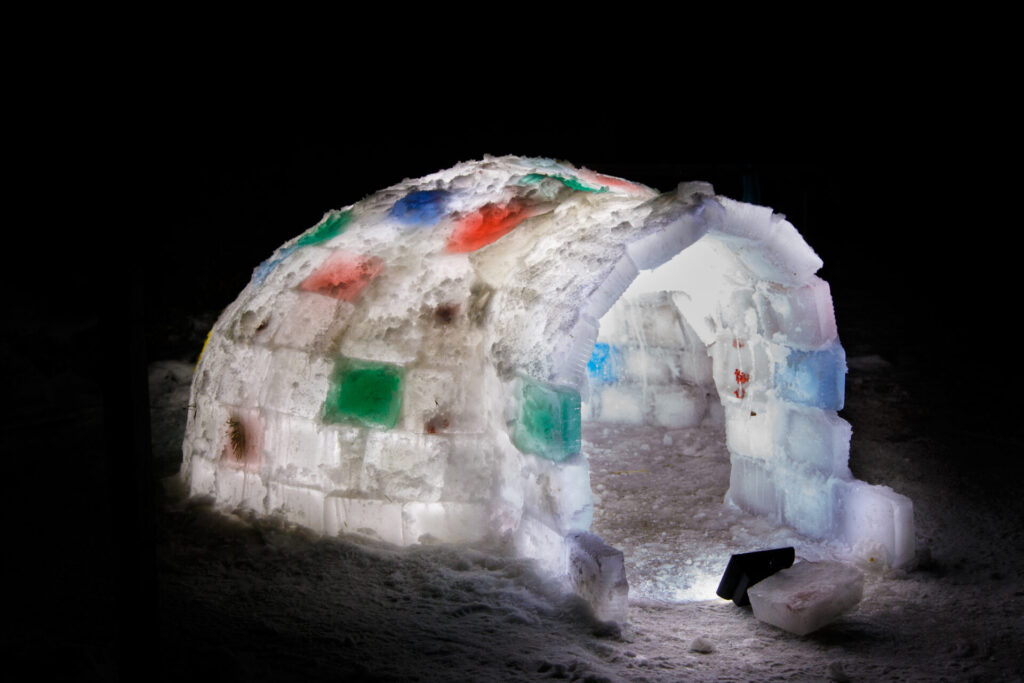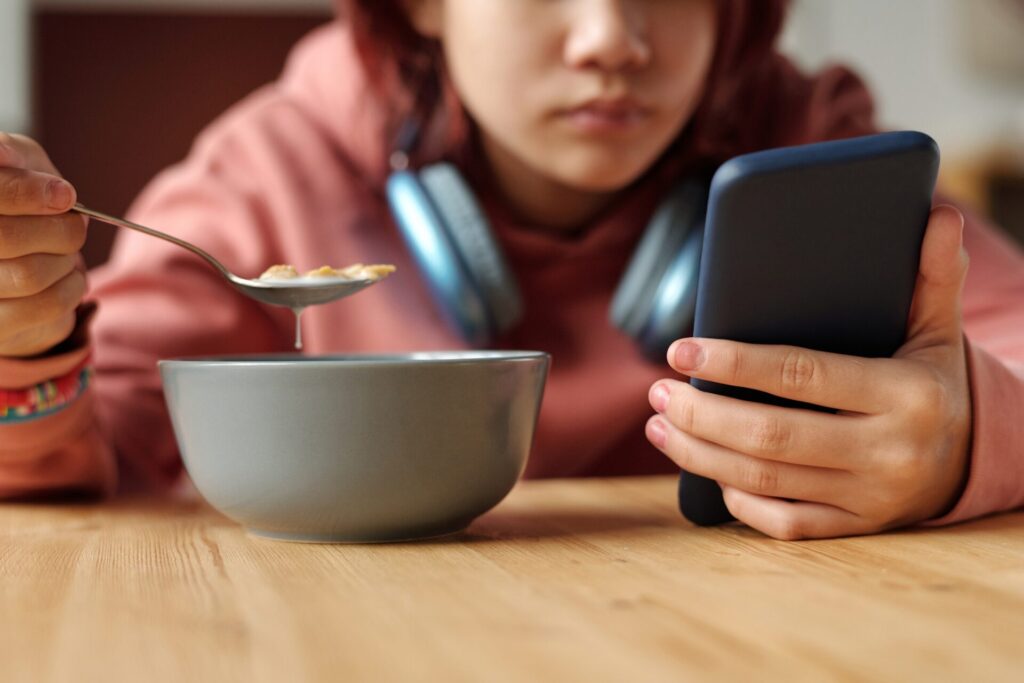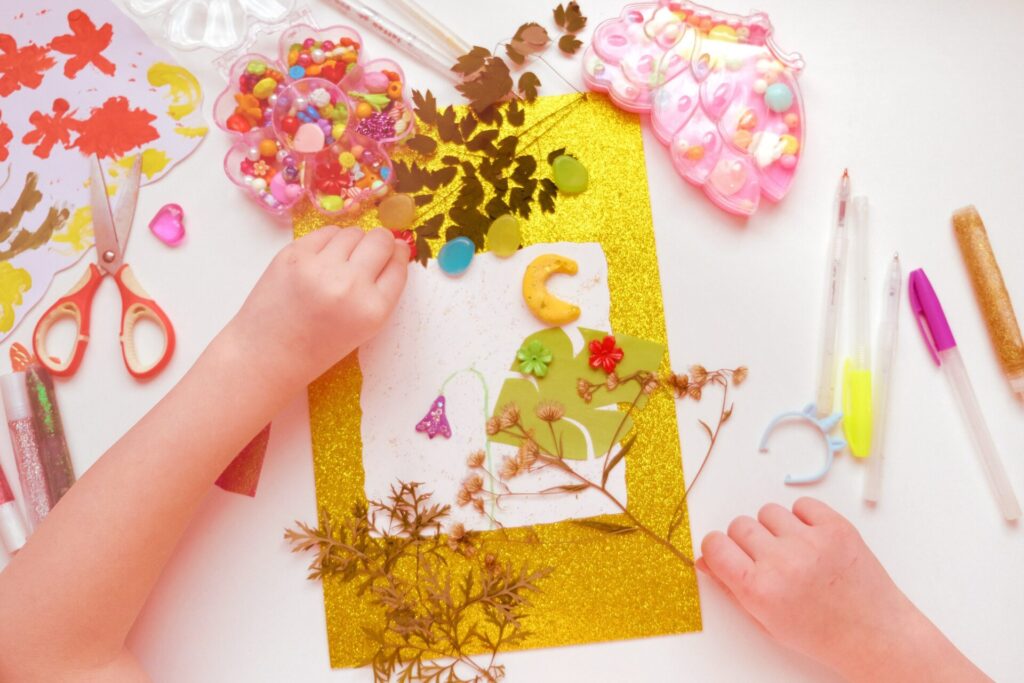Resolutions often take the form of physical transformations or lofty personal goals. But sometimes—especially for parents—it's about small, doable steps that make you feel better each day.
So far, this year has felt like it’s approximately four decades long, and we're only a week in. So, maybe instead of making grand, sweeping resolutions for the year, take this time to reprioritize yourself and make some self-care resolutions that can carry you through the rest of 2026.
Here are nine easy self-care resolutions that can help make you feel better (and make life a little easier!) by building up your energy when you're feeling overwhelmed:
- Get more sleep. One of the best ways to increase your energy is to focus on improving your sleep. For many people, this means turning off the TV an hour earlier and going to sleep at a reasonable time. For others, it might mean tackling your child's sleep problems. If you're the one struggling with insomnia (either trouble falling asleep, staying asleep or waking up too early), you may need the help of a professional to get back on track. Look for a therapist who offers cognitive behavioural therapy for insomnia or CBT-i. They can help you teach your body to fall asleep naturally.
- Resolve to do less. See how many corners you can cut, requests you can decline or jobs you can delegate. Most kids are overscheduled and it's not the worst idea to drop a few extracurricular activities. Kids learn what interests them when they have free time (and parents need a break from driving!). Learning to become “stingy” with your time is one of the best ways to increase your self-care and reduce stress.
- Exercise regularly (even if it's just a short walk). I know that it's hard to fit in exercise when you are overwhelmed. But, movement is one of the best ways to increase your energy and reduce aches and pains. Don't worry about dragging yourself to the gym (save that for another year when you're not running on empty). Start small and focus on building a movement habit. Make it a family affair and go for a family walk or run or have a nightly dance party.
- Eat healthy meals with lots of fruits and vegetables. How you fuel your body has a huge impact on your mood and energy. If you're short on time, stock some produce that is already prepped or doesn't need much prep. It's surprising how much better you feel when you fuel your body with what it needs. The whole family is more likely to get the veggies and fruits they need if you have snack trays out and ready to go. It's like sneaky self-care for everyone in your household.
- Cut out the sugar, caffeine, alcohol and processed food as much as you can—at least until your energy is back to normal again. Once you feel better, try adding one of these back in and see how you feel. When we're tired, we often use these substances to help us feel more balanced. Unfortunately, the relief you get is only temporary and can end up making you more tired when you crash or suffer the effects of the sleep interference they cause. When you're tempted by a coffee and a donut late in the afternoon, ask yourself what choice will least impact your bedtime later. Little eyes are always watching us, so it's also good to model healthy coping right from the beginning!
- Stay hydrated. I know many people resolve to drink more water, but here are some good reasons to make it a self-care priority: Several studies have demonstrated that even mild dehydration can lead to feelings of anxiety and depression, reduced concentration, headaches, poor working memory and fatigue.
- Resolve to indulge in guilty pleasures. Although, I don't think we should feel guilty about pleasure at all, increasing the amount of time we have fun is an important way to improve our mood and our energy. Research has shown, in fact, that it's one of the most effective ways to treat depression! Show your kids that you know how to have fun and take care of yourself.
- Get outside. This is an important goal if you live in a climate where you are trying actively to avoid the weather. Too many people drive from their garage at home to the garage at work (in non-pandemic times, at least) and don't get a chance to breathe in the fresh air. Making time for fresh air breaks can do a lot to increase your energy and mood. What’s even better is if you are able to connect with nature on those breaks by walking near a waterfront or can surround yourself with trees and the sounds of birds. This parental self-care habit is also great way to calm down kids who have a touch of cabin fever.
- If you’re aware you’re struggling, consider seeking out professional help. A good therapist can help in many ways, including problem-solving when you're feeling stuck, teaching you how to say no more assertively, improve your parenting skills or letting go of the guilt that might be at the heart of your habit of doing too much. Another good therapy goal is to work on being kinder to yourself!
Most of these resolutions require only a little planning. When you are feeling depleted, it is important to listen to your body. Your body is always giving you clues to when you are not living your life in balance. If you try to ignore what it tells you, or mask to its signals, there will be consequences. If you don’t know where to start, just pick one of the items from the list. Once you see the benefits of that one new habit, it will be easier to add another and another. Don’t try to do more than feels reasonable and forgive yourself if you slip up and miss a day. Tomorrow is a brand-new start.
Dr. Christine Korol is a registered psychologist, founder/director of the Vancouver Anxiety Centre and an adjunct professor in the Department of Psychology at the University of British Columbia. Dr. Korol is a trusted media source, with bylines in Psychology Today, ParentsCanada and Thrive Global, and is a regular on-air expert for CBC, Newstalk 1010 and many other news outlets across Canada. You can learn more about Dr. Korol at https://www.vancouveranxiety.com, or follow Dr. Korol on Twitter @DrCKorol.










